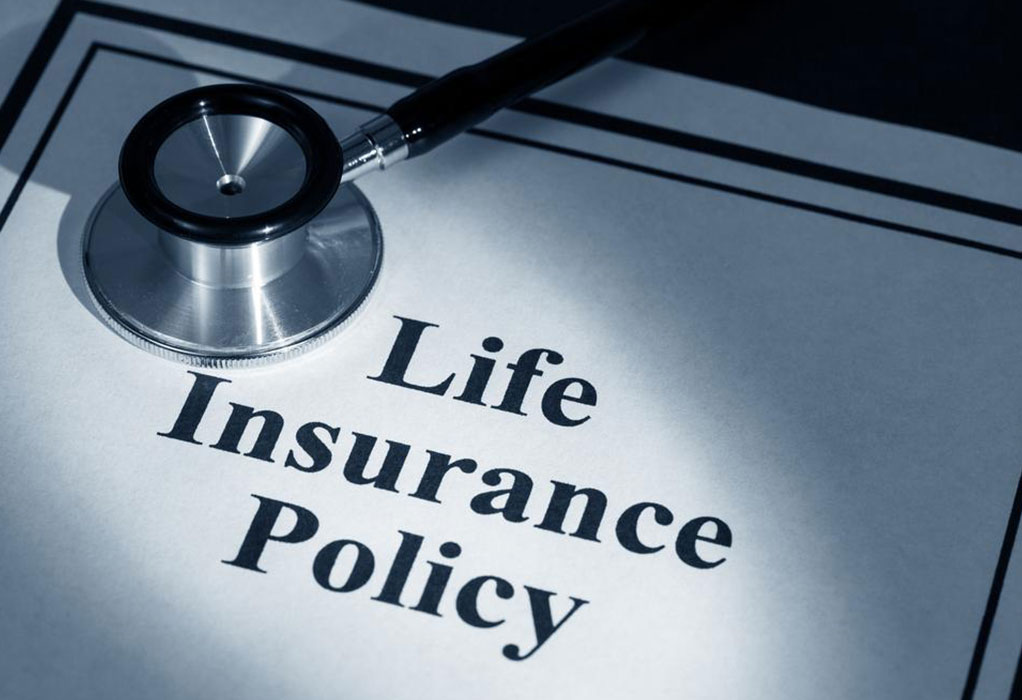Top 5 Senior Life Insurance Options You Should Know
Explore the top five senior life insurance options, including term, whole, universal, guaranteed universal, and final expense policies. This guide helps seniors understand coverage types, benefits, and considerations when selecting suitable plans for their needs. Make informed decisions about securing lifelong or temporary protection, estate planning, and end-of-life expenses with expert insights into each policy type.

Top 5 Senior Life Insurance Choices
Choosing the appropriate life insurance for seniors is a vital decision, but it can also be overwhelming due to the numerous options available. Many providers offer diverse coverage plans, making it essential to understand which type suits your needs. Before selecting an insurer, it's important to explore different policy types to make an informed choice for yourself and your loved ones. Understanding common senior life insurance options helps in making better decisions.
Term Life Insurance
As the name indicates, term life provides coverage for a specific period. The available terms and age limits vary by provider, generally structured as follows:
55 to 64 years: 30-year term
65 to 69 years: 25-year term
70 to 74 years: 20-year term
75 to 79 years: 15-year term
80+ years: 10-year term
It's worth noting that premiums tend to increase with age. Seniors with chronic health conditions may face higher costs or even denial of coverage. Policies without medical exams can be more expensive than underwritten ones, especially if health issues are present.
Whole Life Insurance
Also called permanent life insurance, this policy offers lifelong coverage along with cash value accumulation. Premiums remain consistent throughout the policy's duration, provided payments are made on time. However, permanent plans generally come at higher costs compared to term options.
Guaranteed Universal Life
Combining features of term and permanent policies, guaranteed universal life insurance offers more affordable lifelong coverage. Policyholders select the term length, often extending beyond their lifetime. These policies are typically used for funeral costs, inheritance, and estate tax reduction.
Universal Life Insurance
This lifelong coverage policy includes a cash value component, which depends on investment performance and loan options. Since investment outcomes are uncertain, earnings aren't guaranteed. Premiums may need adjustment to ensure the policy's sustainability.
Final Expense Insurance
Designed to cover end-of-life costs, this permanent insurance provides a death benefit typically between $50,000 and $100,000. It lasts for the senior's lifetime and can build cash value, which can be accessed during their lifetime.
Note:
This article offers general guidance on senior life insurance options. While our research provides valuable insights, please consider consulting with a financial advisor for personalized advice. The insurance market contains various schemes and plans, which may differ from those mentioned here. We disclaim responsibility for data discrepancies or inaccuracies, and recommend thorough comparison before making a decision.










